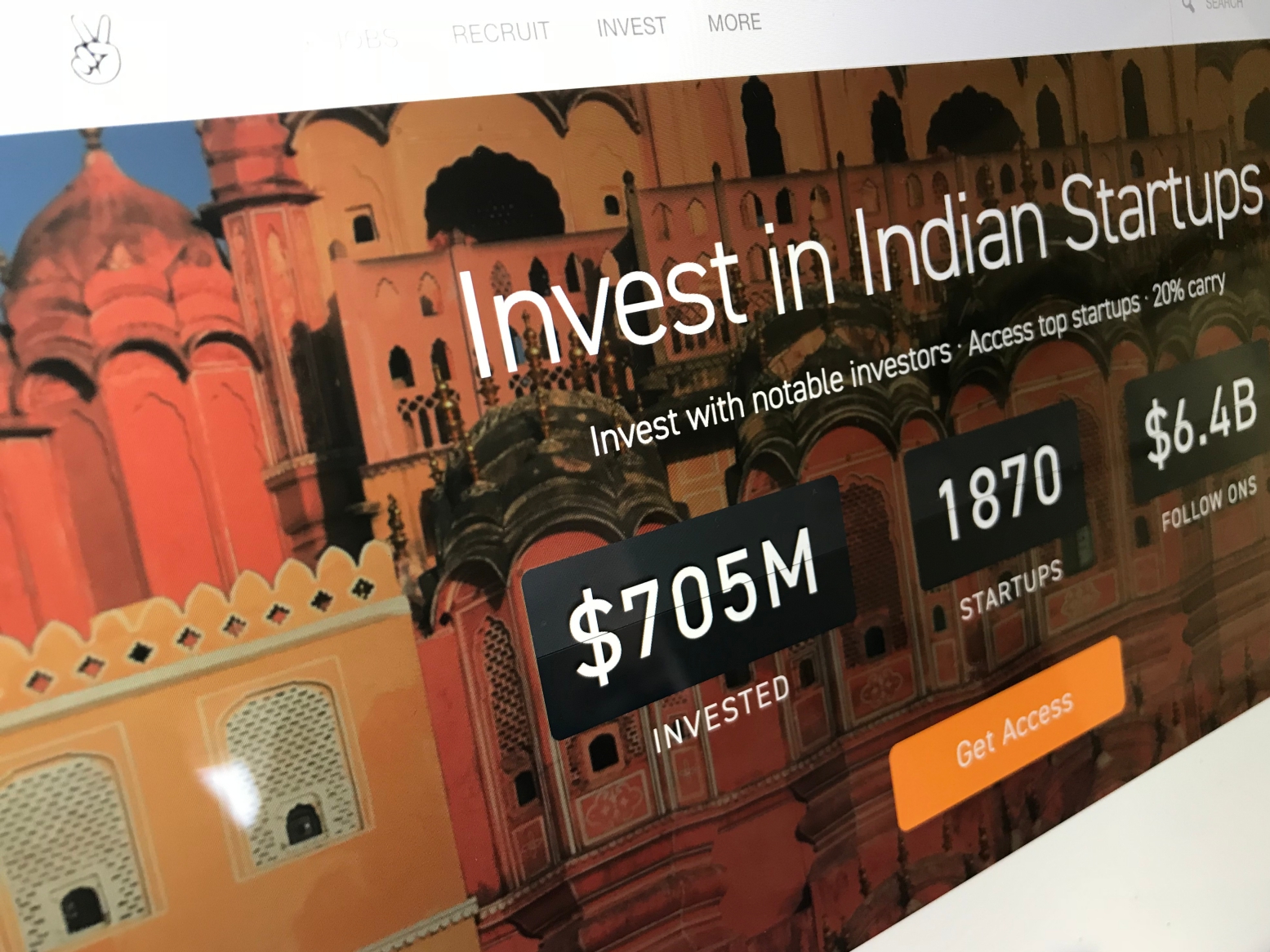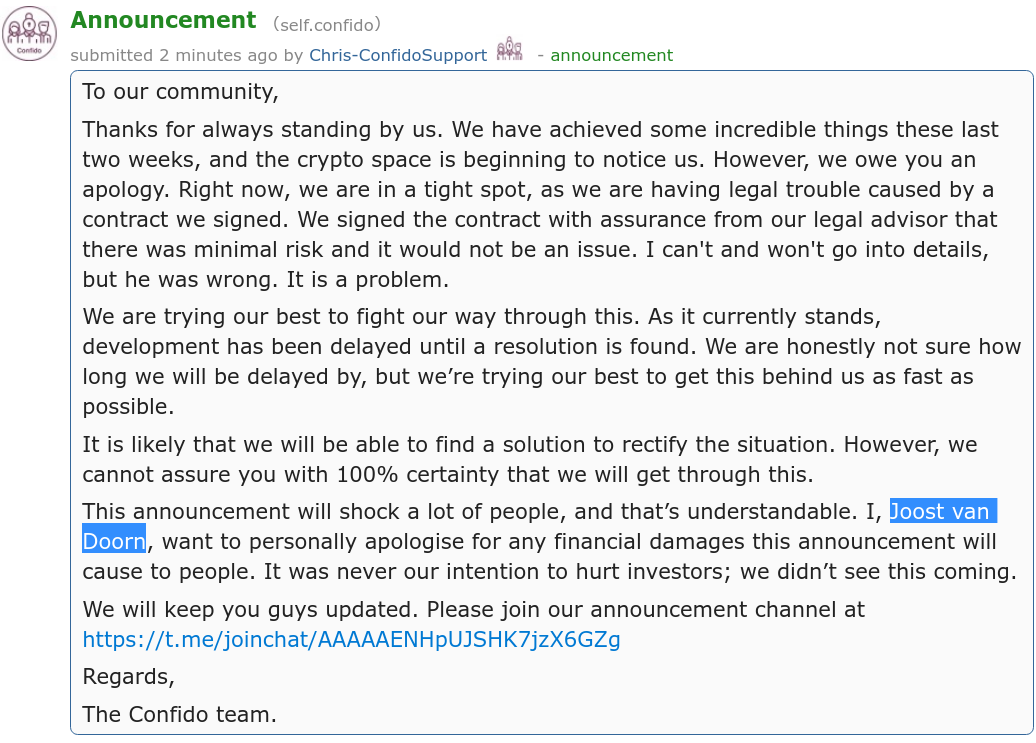AngelList launches Syndicates in India

AngelList has expanded its syndicates program to India in the latest overseas move for the US crowdfunding platform.
The launch comes some 18 months after we reported that AngelList had hired Utsav Somani to launch the service and develop its business generally in India, where it also offers its hiring product.
Syndicates was launched in the US in 2013 with the purpose of giving experienced early-stage investors more spending potential and allowing those with less experience to join them to put money into promising early-stage companies. Essentially they operate like mini funds, but they are focused on helping investors get into top deals that would otherwise be difficult to access.
Available in the US, Canada, the UK and now India, AngelList said Syndicates have raised $705 million from more than 1,870 startups. Those companies have gone on to raise $6.4 billion in subsequent follow-on funding, according to the company. Some of those startups include Uber, as well as India’s ClearTax — which is US-registered and took part in Y Combinator.
Now AngelList wants to upend India’s early stage market with Syndicates.
“Traditionally, an angel investor with conviction may write a single ₹10L cheque to a startup. With syndicates, that same investor can lead a syndicate and pool more capital from dozens of value-add backers who can help the company — all while having only one name added to the cap table,” the company wrote in a blog post.
Already, it has recruited at least half a dozen syndicate leads, including Saama Capital’s Ash Lilani, FreeCharge founder Kunal Shah, and Citrus Pay founder Satyen Kothari. Syndicates are open to Indian residents who meet certain finance requirements outlined on its website, including net assets of at least 2 crore, or a net worth of 10 crore.
Those certified in India will be eligible to invest in US startups on AngelList, and those of other countries, so long as they qualify for the relevant domestic investor status. In the US that means a net worth of $1 million or more, or an income over $200,000 per year for at least two years.
The timing seems ideal in India with reports suggesting that the number of startups landing angel or seed rounds halved during 2017 due to investor caution. That’s according to data from VCCEdge, the data business of tech media firm VCCircle, which found the number of early stage deals dropped from 901 in 2016 to 435 in 2017. The total spent by investors fell from $374 million to $245 million over the same period.
Featured Image: Jon Russell/Flickr
Published at Tue, 16 Jan 2018 07:29:43 +0000




